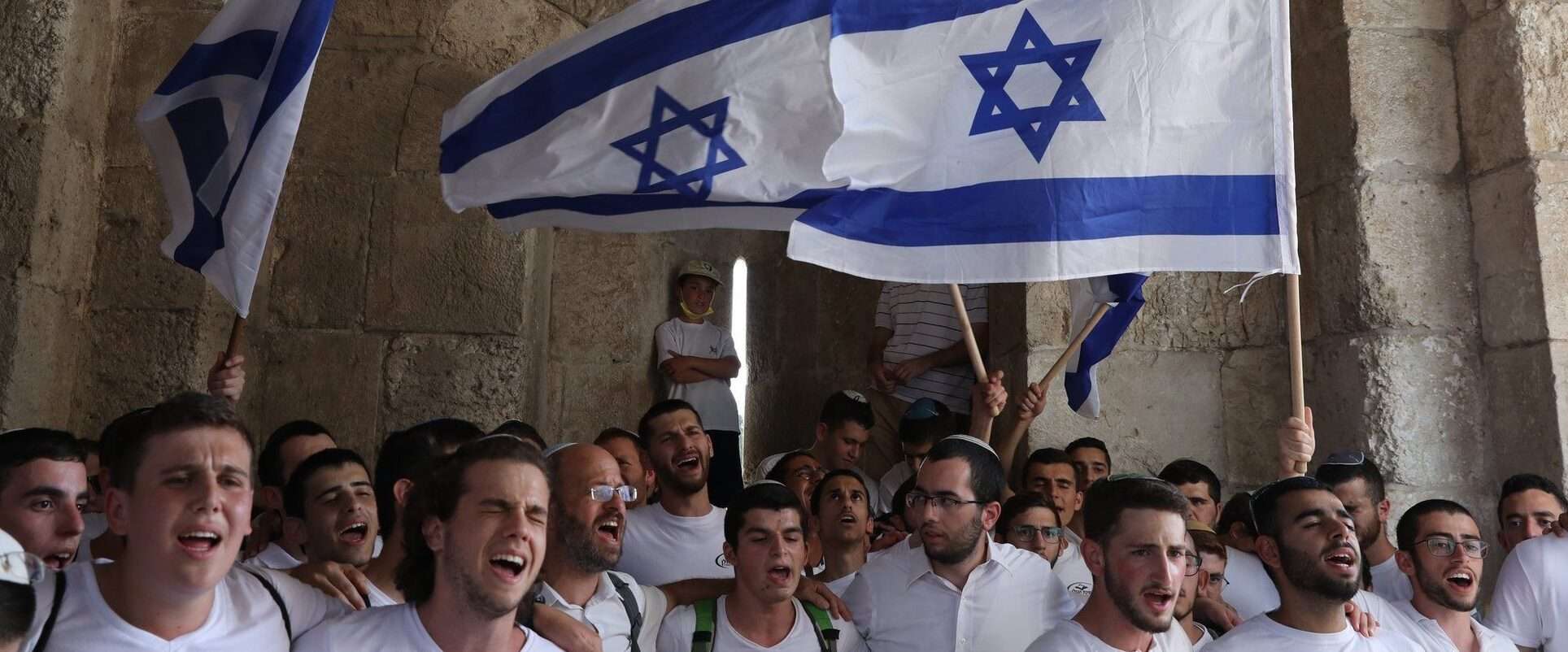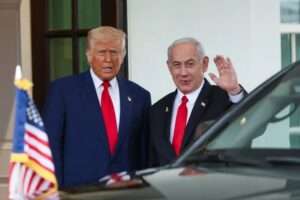By Lawson kasshanna
It is better for Christians to have a state—whether small or large—where they can live with comfort, freedom, effectiveness, and influence. Achieving this goal, however, is impossible unless Israel is convinced that its own interests intersect with those of Christians. This is not far-fetched, as 90 percent of Christians do not hold grudges against Israel. On the contrary, history shows a deep-rooted connection: the inhabitants of Mount Lebanon, even before they became Christians, sent cedar wood for the construction of Solomon’s Temple. This demonstrates that, unlike ideologies built on hostility, most of our people harbor no hatred toward Israel.
By contrast, extremist movements such as Hezbollah, Hamas, and the Muslim Brotherhood are founded on a culture of enmity and on the notion of eliminating Israel. In this context, Israel’s stability—both now and in the future—can only be achieved by removing Islamic extremism, whether Shiite or Sunni, from its borders. At the same time, ensuring a strong Christian presence along Israel’s northern frontier, stretching from the south of Lebanon to the outskirts of Tripoli, would create a buffer of stability.
The issue of Palestinian camps in Lebanon is also central. Their relocation, for example to Akkar with proper infrastructure as was done in Nahr al-Bared, would serve the shared interests of Christians and Israel. If separating Tripoli, Dinniyeh, and Akkar is impossible, then perhaps Wadi al-Nasara could be integrated into Lebanon in exchange for Shiite areas in the Bekaa being absorbed into Syria.
These ideas may seem ambitious, even unrealistic to some. Yet nothing is impossible in politics if powerful nations, and God’s will, align. If war against Hezbollah is renewed, Christians must not allow their areas to become sanctuaries for Shiite forces. Past strategic mistakes by Christian leaders have weakened the community, but today’s unique intersection of interests may provide a historic chance to reverse those errors.
Ultimately, Israel will act according to its own interests. But it is clear that those interests overlap with the aspirations of Christians and other minorities in the region, including the Druze and the Alawites. This overlap could provide the foundation for a new and more stable order in the Middle East.















